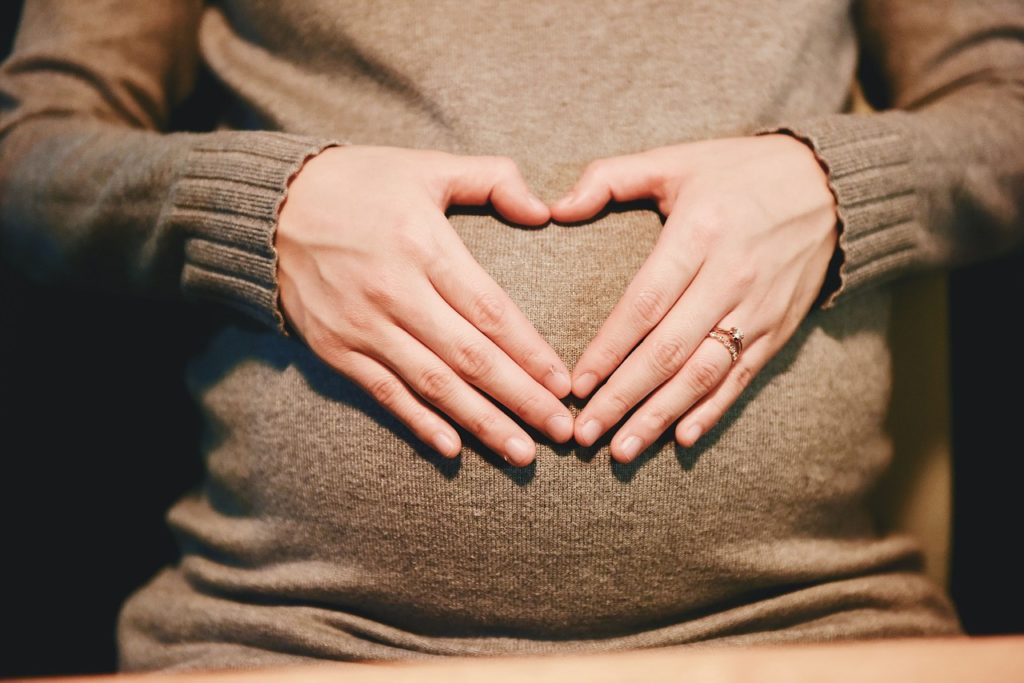Emma from Houston sent us this question: “I was recently diagnosed with a small hiatal hernia due to having heartburn since July that would not go away. My husband and I are trying to have a baby so my question is should I have a baby first or have surgery to fix my hiatal hernia and reflux? How long after surgery would I have to wait to become pregnant? Thank you”
Dear Emma,
Women of childbearing age with stage 3 and 4 GERD presenting at Houston Heartburn and Acid Reflux Center commonly face the same dilemma you are having; On one hand, they want to control severe acid reflux, stop proton pump inhibitors, and improve quality of life, especially during pregnancy. Pregnancy exacerbates heartburn and food regurgitation. On the other hand, they worry about morning sickness and the inability to vomit during pregnancy following Nissen fundoplication. In addition, during pregnancy and delivery, increased intrabdominal volume and pressure may cause a recurrent hiatal hernia or slipped Nissen fundoplication leading to recurrent acid reflux. Excessive weight gain during pregnancy may further increase the risk of wrap failure.
There are few studies in the literature that address the effect of pregnancy on Nissen fundoplication. The published studies I had reviewed showed no adverse outcome of pregnancy on Nissen fundoplication. In other words, most Nissen fundoplication patients undergo pregnancy with good acid reflux control and continue to be symptom free after delivery.
The Nissen fundoplication patients I have personally followed at Houston Heartburn and reflux Center reported no issues with pregnancy. During morning sickness episodes, patients experienced dry heaving without vomiting. They did not have heartburn and they did not have to take antacids or PPIs during pregnancy.
I advise patients with severe acid reflux disease to undergo Nissen fundoplication and hiatal hernia repair prior to pregnancy if they have a body mass index, BMI between 20 and 25. I caution overweight and obese patients about the increased risk of wrap failure and hiatal hernia recurrence with increased intra-abdominal pressure during pregnancy. I also emphasize the importance of avoiding excessive weight gain during pregnancy to minimize the risk of Nissen fundoplication failure.

